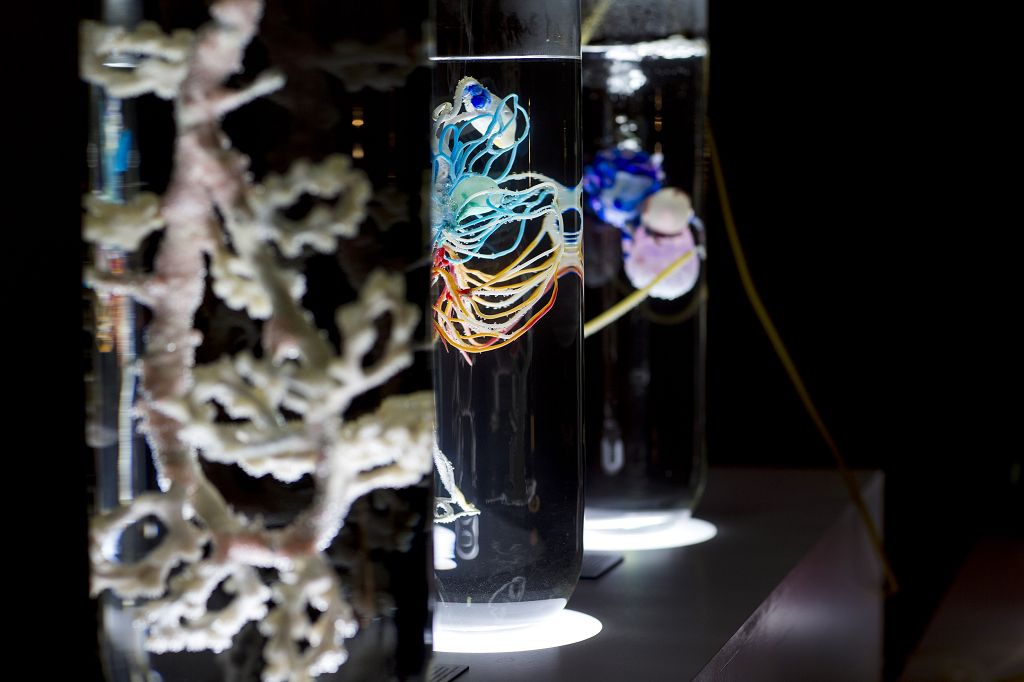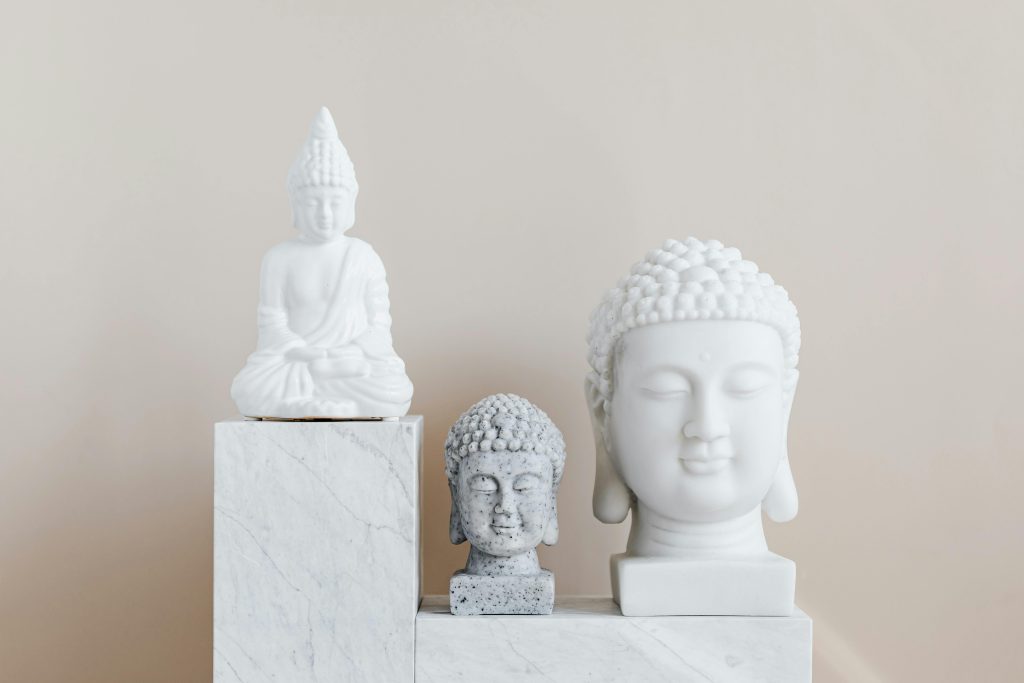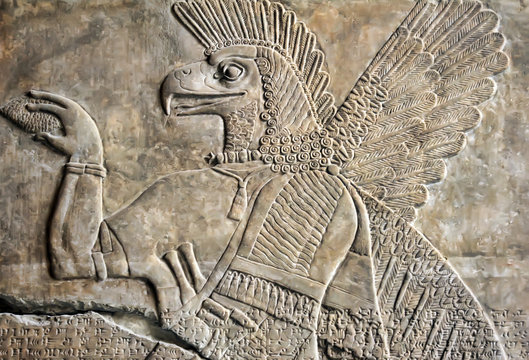The quest to Achieve inner equilibrium is far more then a goal; it’s a journey to the roots of our being. We’ve all experienced those short-lived moments of happiness. But what is the ultimate foundation for long term contentment? Is it a mere fleeting episodic sensation, or does it go deeper into the fabric of our souls? And how does this inner equilibrium determine our long-term sense of satisfaction and happiness.
As the Dalai Lama wisely said: “happiness is not something ready made, it comes from your own actions”
This examination, mirrored by Aristotle’s famous notion, “happiness depends upon ourselves”, leads us on a personal journey to seek and nurture our inner equilibrium, tapping into doors of genuine happiness .

Inner Equilibrium And Authentic Happiness In Ancient Philosophy
Ancient philosophers explored the nature of happiness and inner equilibrium in depth. Plato, for example, defined happiness as an inward condition of harmony. He argued that one’s desires should be aligned with reason and morality. In his ideal society, for instance, the just person with a harmonious spirit would be inherently satisfied.
Aristotle, on the other hand, opted for a different approach, he contended that joy, or eudaimonia, arises from living a virtue-driven life and fulfilling one’s highest potential. He used the example of musicians who find fulfillment in perfecting and sharpening their skills.
Like Seneca and Epictetus, the Stoics stressed on the value of inner tranquility. They signaled that true happiness comes from accepting what we can’t alter and focusing on our own goodwill. Seneca, for example, frequently spoke about attaining serenity under hardship, a concept that corresponds with the current wave of mindfulness and meditation. Epictetus, on the other hand, felt that happiness might be attained via the pursuit of modest pleasures and the avoidance of misery. He proposed that genuine happiness stems from things like friendship and philosophical discussions, rather than financial gain or physical gratification.
Happiness is more then a transient pleasure; it is a deeper, more lasting condition obtained through knowledge, self-reflection, and a well-lived life.

Practical Tips For Long-Lasting Happiness And Inner Equilibrium
Achieving your inner equilibrium and ultimately happiness might feel like a complicated pursuit, however with practical measures, it can be surprisingly simple to achieve. Begin by practicing gratitude. Take few minutes each day to pause and reflect on what you’re grateful for. This simple gesture may redirect your attention from what is missing to what is abundant.
Subsequently, practice mindfulness. Be completely present in each moment, whether you’re enjoying a meal or conversing with a friend. Mindfulness relieves stress and increases contentment. Regular exercise is also essential. Physical exercise releases endorphins, which naturally improves the mood.
Additionally, nurture your relationships. Strong bounds with family and loved ones bring both support and fulfillment. Finally, do something that supplies you with joy and contentment, whether it’s a hobby, learning something new, or volunteering. Happiness is not exclusive to big accomplishments; it may also be found in tiny, everyday acts of kindness.
Self Acceptance: Acceptance of one’s self is essential to achieve inner equilibrium, it entails accepting your entire structure of flaws and strengths. Appreciating your accomplishments, and learning from errors. Remember that you are more then your past. Acceptance promotes self-worth and open the door to a more fulfilled existence.
Get to know your limits: Understanding your boundaries is essential for personal development. Recognize your limits as a way to avoid burnouts and preserve your well-being. This internal awareness leads to a more balanced and healthy lifestyle.
Self-love: Acknowledge Self-love. Cultivating a healthy self-image is essential for confidence and mental well-being. as well as boosting the quality of your life.
Happiness From The Psychological Standpoint
Happiness is frequently associated with a balance of emotions and life satisfactions. From a psychological standpoint. Martin Seligman pioneered positive psychology, stressing on the impact of positive experiences and attributes such as gratitude, optimism, and resilience in preserving mental and emotional well-being. Neuroscientific research also suggest that neurotransmitters like dopamine and serotonin have a pivotal function in mood regulation and pleasure perception.
Furthermore, cognitive theories imply that our perception of events and internal dialogues have a substantial impact on our fulfillment and overall satisfaction. Adopting a growth mindset, as recommended by Carol Dweck, for example can lead to greater fulfillment by perceiving problems as probable opportunities for growth. Psychological well-being is therefore defined as being able to experience pleasant emotions as well as a sense of purpose and satisfaction, in addition to altered perceptions of negative events and emotions.







